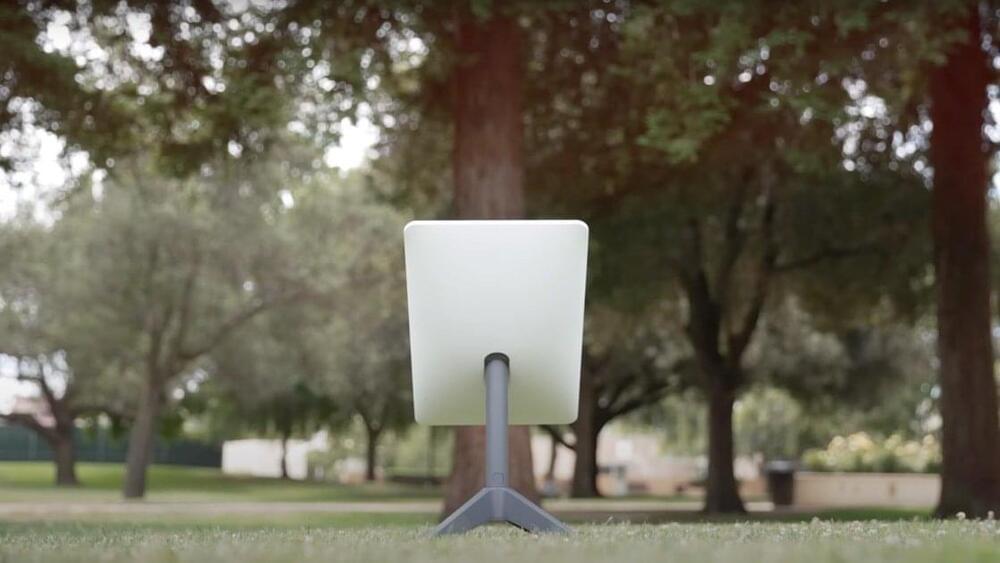Around the same time, neuroscientists developed the first computational models of the primate visual system, using neural networks like AlexNet and its successors. The union looked promising: When monkeys and artificial neural nets were shown the same images, for example, the activity of the real neurons and the artificial neurons showed an intriguing correspondence. Artificial models of hearing and odor detection followed.
But as the field progressed, researchers realized the limitations of supervised training. For instance, in 2017, Leon Gatys, a computer scientist then at the University of Tübingen in Germany, and his colleagues took an image of a Ford Model T, then overlaid a leopard skin pattern across the photo, generating a bizarre but easily recognizable image. A leading artificial neural network correctly classified the original image as a Model T, but considered the modified image a leopard. It had fixated on the texture and had no understanding of the shape of a car (or a leopard, for that matter).
Self-supervised learning strategies are designed to avoid such problems. In this approach, humans don’t label the data. Rather, “the labels come from the data itself,” said Friedemann Zenke, a computational neuroscientist at the Friedrich Miescher Institute for Biomedical Research in Basel, Switzerland. Self-supervised algorithms essentially create gaps in the data and ask the neural network to fill in the blanks. In a so-called large language model, for instance, the training algorithm will show the neural network the first few words of a sentence and ask it to predict the next word. When trained with a massive corpus of text gleaned from the internet, the model appears to learn the syntactic structure of the language, demonstrating impressive linguistic ability — all without external labels or supervision.




